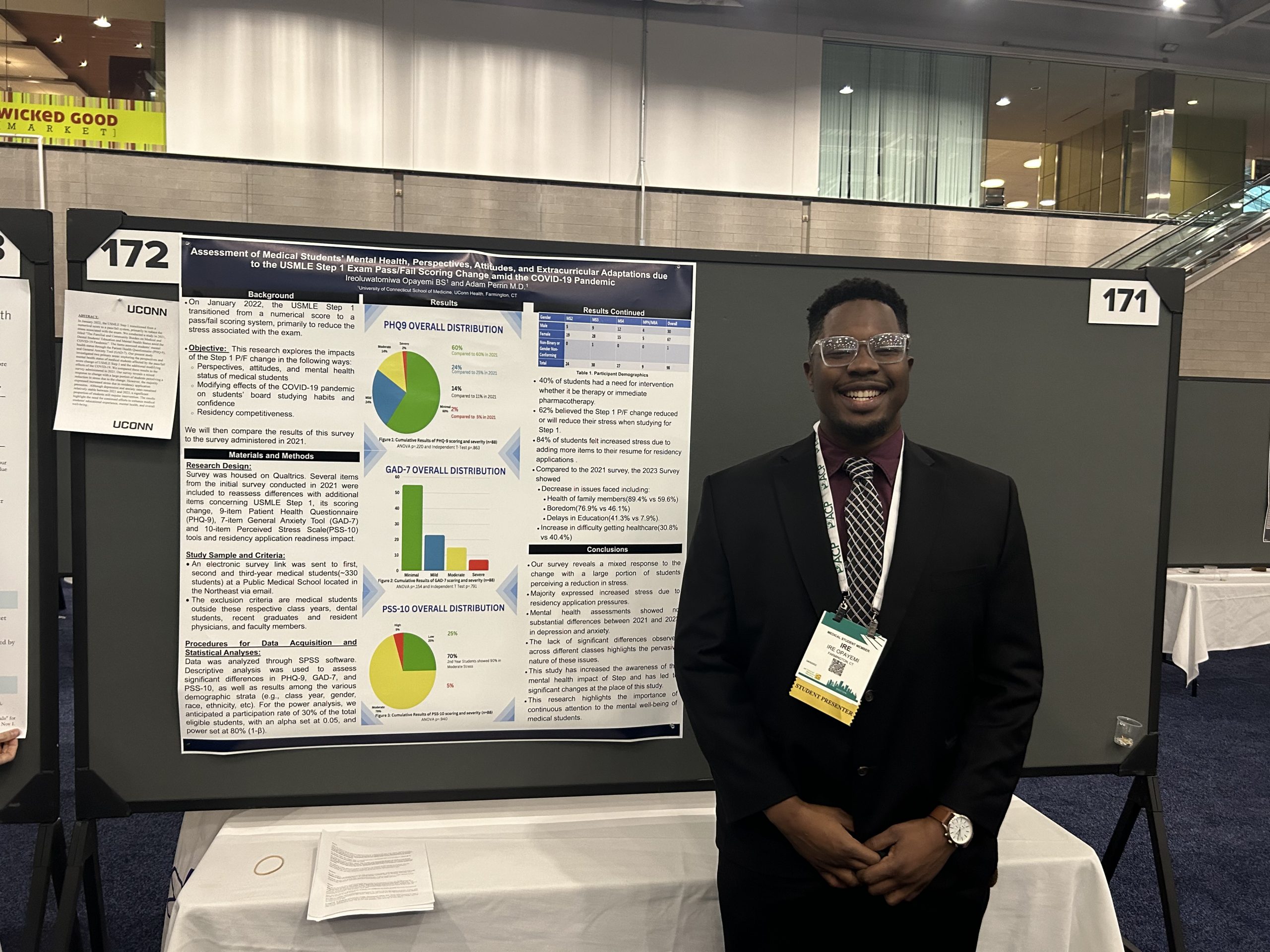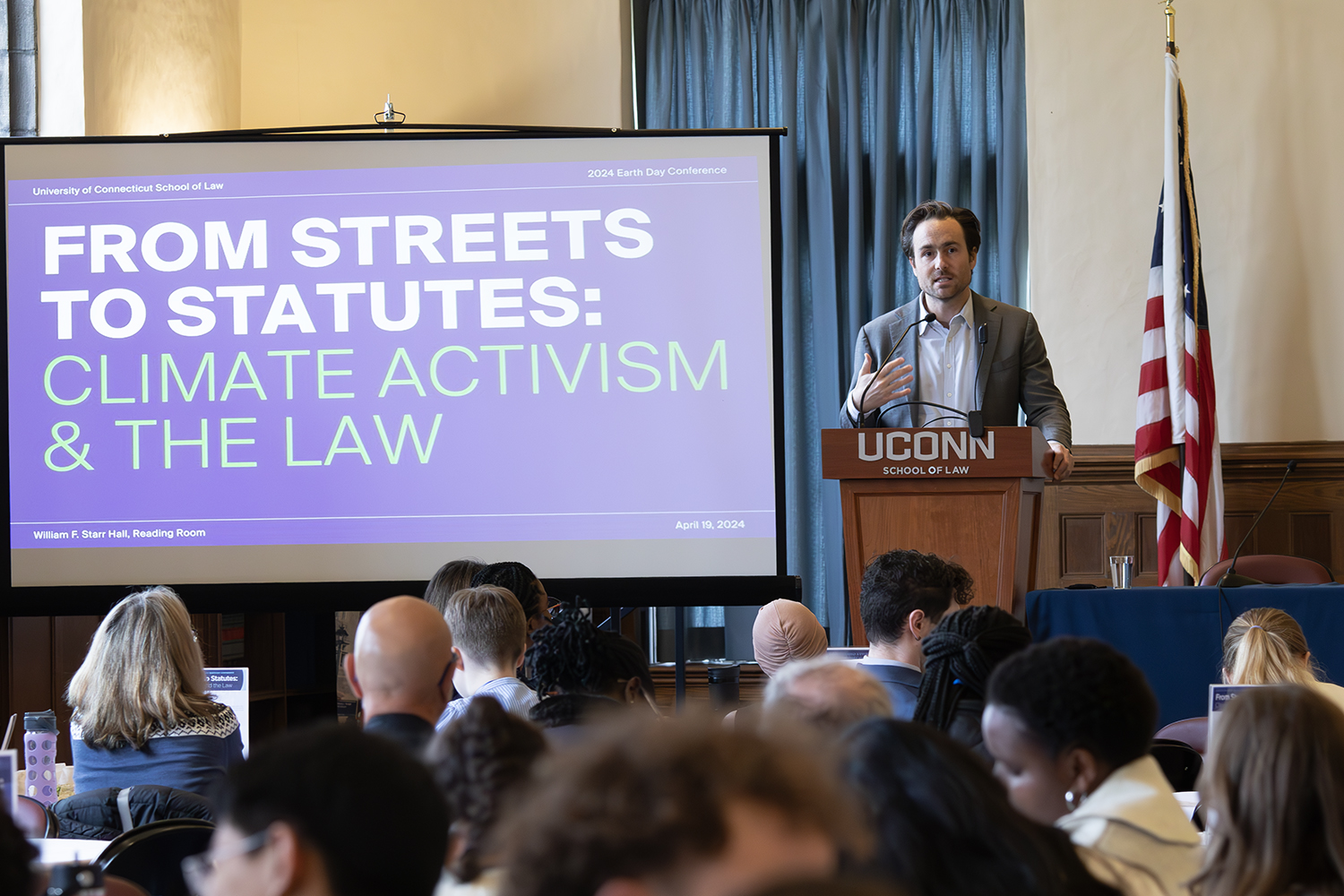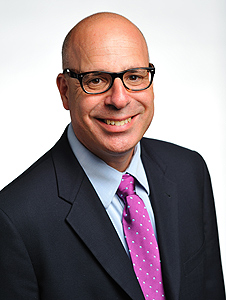
Ross Lewin, executive director of the Office of Global Programs, is a guest contributor to UConn Today. His posts appear on Tuesdays. For his previous posts, click here.
Why Universitas 21 (U21)? What are we getting out of it? These questions are easy to answer, because the benefits are many and are growing rapidly.
From raising our international profile to establishing joint Ph.D. programs between member institutions, developing global research collaborations, attending international conferences, and participating in innovative teaching opportunities, membership in the prestigious global university network U21 has led over the past 18 months to a proliferation of international opportunities for graduate students, faculty, staff, students, and the University at large.
One of the biggest benefits of U21 for UConn is simply its affiliation. UConn is steadily gaining a national reputation, confirmed this year with its top 20 ranking in U.S. News and World Report. Achieving status within the U.S. is no longer sufficient, however, when universities find themselves now competing on a global stage. Fifteen of the 23 U21 institutions ranked in the top 100 in the world, according to one of the premier world indexes, and almost all of them placed in the top 400. One factor in world rankings is perception among peers, and our association with this elite group of institutions and their chosen network can only help improve that, especially when one considers that we are now mentioned in the same breath as the University of Virginia as the only other U.S. member of U21. The impact of improved perception is obviously great, from helping our researchers compete for highly competitive grants to attracting more outstanding student applications from around the world.
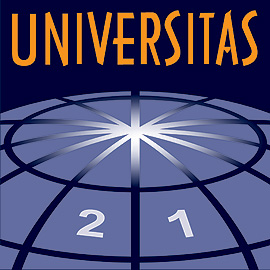 U21 membership is also providing us with a much needed impetus to internationalize other segments of the UConn community. I have described elsewhere how U21 is increasing our undergraduate students’ ability to complete courses at some of the best universities in the world. It is also laying the ground to plant some seeds for globalizing our graduate student population. Except for sending a few students on international field work projects, we have not been particularly successful in this area. Grad students survive on teaching or research assistantships, and they only receive much-needed tuition waivers if they are employed. By studying abroad, they would forfeit both, which makes the prospect of spending any time at a partner institution a virtual non-starter.
U21 membership is also providing us with a much needed impetus to internationalize other segments of the UConn community. I have described elsewhere how U21 is increasing our undergraduate students’ ability to complete courses at some of the best universities in the world. It is also laying the ground to plant some seeds for globalizing our graduate student population. Except for sending a few students on international field work projects, we have not been particularly successful in this area. Grad students survive on teaching or research assistantships, and they only receive much-needed tuition waivers if they are employed. By studying abroad, they would forfeit both, which makes the prospect of spending any time at a partner institution a virtual non-starter.
UConn is helping to overcome these barriers by signing on to U21’s joint Ph.D. initiative. The Office of Global Programs, in collaboration with the Department of Philosophy, is jump-starting this opportunity by providing significant funding to an ABD student to work in a Logic research circle at the University of Melbourne with some of the best scholars in the world. While we are not pursuing a “joint Ph.D. degree” just yet, we are trying to create a sustainable graduate exchange experience between UConn and Melbourne that will deepen the already close ties that exist between our two philosophy departments. Our hope is that a joint Ph.D. Program would strengthen our graduate students’ Ph.D. degree and make them even more competitive on the job market, and that it will, in turn, allure even more talented graduate students to our already highly regarded Philosophy Department.
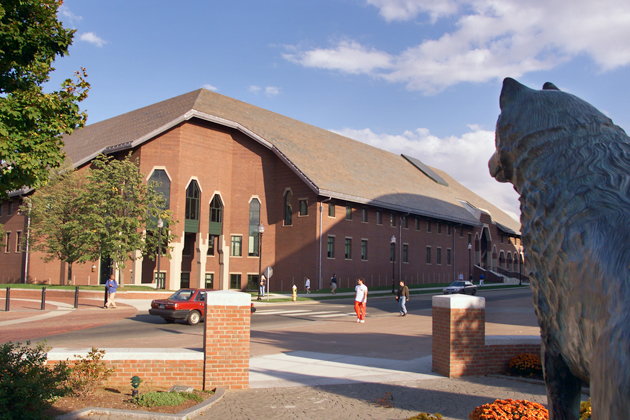
Another way to internationalize our graduate students is by providing them opportunities to present their research to their most talented counterparts from around the world. Our School of Business has seized the day by organizing U21’s first Doctoral Research Conference in Business, where Ph.D. students from U21 institutions in various different countries will gather in Connecticut to present their work, gain valuable feedback, and create networks that may lead to future research projects. Again, our belief is that this conference will not only make our graduate students more competitive globally but will also call world-wide attention – and thereby add luster – to our Business School. We could certainly organize something like this without U21, but the network gives us the impetus, the marketing, and even some funding to pull off this special opportunity.
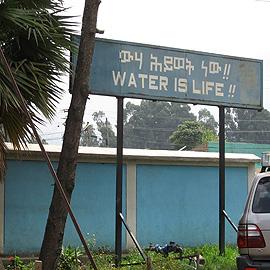
U21 is creating possibilities for our faculty to advance their research agenda. UConn Civil Engineering and Geography researchers participating in our USAID-funded Ethiopian Water Project have played a leading role in the foundation and implementation of a water management graduate program at Addis Ababa University. One of the many challenges facing this project is finding enough professors to mentor and teach the graduate students. Our UConn colleagues have identified U21’s Water Futures For Sustainable Cities working group as offering an already organized set of water experts from around the world that they may be able to draw upon to provide graduate courses and advise research projects in Ethiopia. UConn colleagues are currently in conversation with their U21 colleagues, and they are working together to plan a water conference in Addis Ababa. The goal is for U21’s water group to realize a win out of this project, while at the same time moving UConn’s own meaningful water project forward.
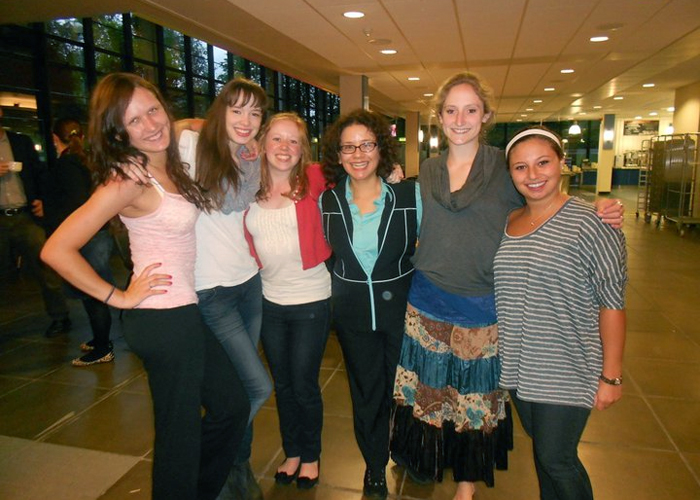
As another example, the director of UConn’s Institute for Public Health Research is developing a novel system to enable primary care clinics to screen patients for a variety of health risks – everything from STD’s to depression to cancer to domestic violence – using lightweight applications that can be deployed on handheld devices. He hopes to tap into an already established global group of U21 public health researchers with diverse cultural knowledge to increase the global impact of his project.
U21 is presenting our faculty with a set of unique teaching opportunities both abroad and at home. Each year, U21 offers an undergraduate summer school on a different global theme. Last year, one of our Communications professors traveled with five UConn undergraduate students to University College Dublin, where she delivered lectures on conflict resolution to an international student cohort. In 2013, UConn will host the U21 Human Rights Summer School, which will engage an interdisciplinary set of UConn faculty to teach up to 100 high-caliber students from as many as 16 countries.
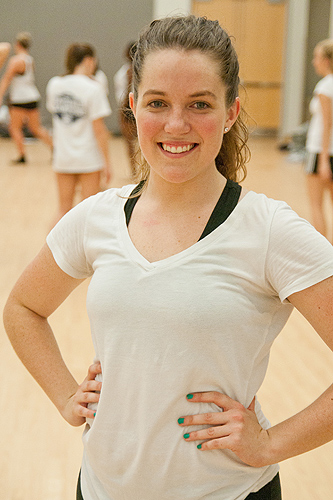
Here on campus, our faculty are teaching a growing number of international exchange students, the majority of whom come from U21 institutions. These students are not only extremely talented academically, coming from the finest universities in their respective countries, but also add a multi-national perspective to the classroom experience. The University is also evaluating participation in U21’s Global Issues Programme, a global competency certificate program that includes offering online courses to students within the network. We expect these courses to encourage faculty to develop new pedagogies that may be especially well suited for addressing topics of global significance. These kinds of teaching opportunities would not have happened without U21.
Finally, professional staff at UConn are benefiting significantly from U21. In the fall, colleagues in our highly regarded Institute for Teaching and Learning attended a U21 Teaching and Learning conference at the University of British Columbia to share best practices and develop common projects. In March, a member of our Career Services Office will spend two weeks at the University of Edinburgh. To be sure, this will allow the individual staff member to gain a deeper understanding of how career services works in a different culture. Perhaps more significantly, this visit might lead to a fruitful cooperation between Career Services at UConn and Edinburgh, whereby students from both campuses will eventually be able to take advantage of the other university’s services. I don’t think that could happen without U21.
There are, for sure, many more off-the-shelf U21 opportunities that UConn faculty and staff have already taken advantage of. But the potential of U21 has still barely been tapped. The world is becoming global. That can lead either to fearful retreat, or to bold collaboration aimed at achieving great things that one single university simply cannot do by itself. Membership in a network, especially one as prestigious as U21, presents UConn with a world of possibilities.
